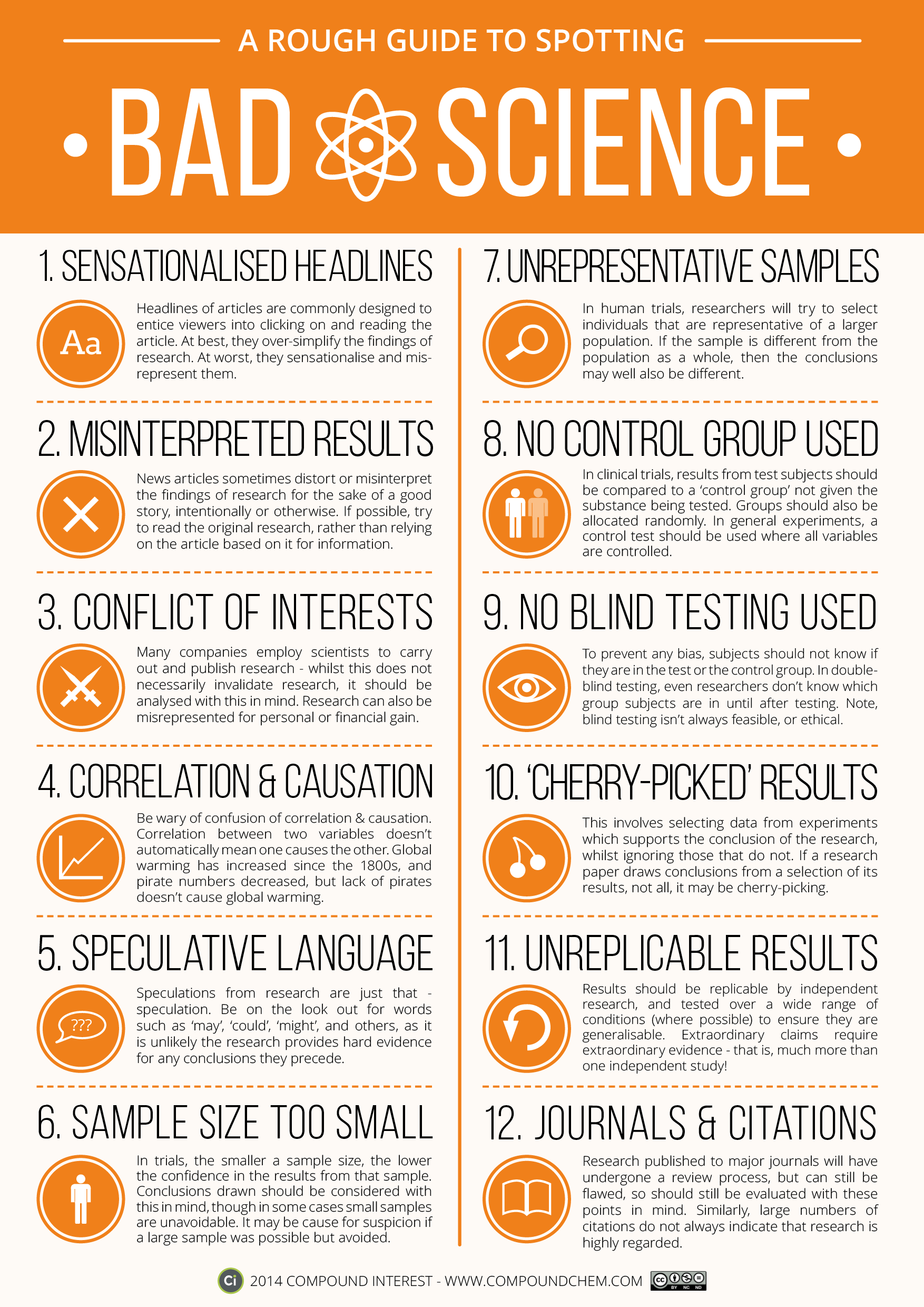I can't believe it's already almost-May! The thing about
having been on a quarter-system schedule is you forget about the most difficult
parts of semester schedules: the end of them. I have a giant paper due within
the next few weeks, plus a group project, PLUS finals. I've totally forgotten
how to do in class essays. It's all kind of a mess.
I feel like everyone's got a giant mess of things to do as
well, and I don't really have any suggestions. Budgeting your time and getting
into the groove of a schedule is always helpful, though I wish I actually
practiced what I preach in that regard. But here's some things I've been doing
to release stress, and they might be helpful to others as well:
- Playing an instrument. I've decided that whenever I get too frustrated with something, I'm going to practice bass. That way, I calm down while doing something productive. It's sort of a win-win, unless, you know, I get frustrated with bass.
- Playing video games. Same idea, slightly less productive. I feel like Mass Effect is definitely a good option here, unless the idea of a choose-your-own-adventure game scares you.
- Hiking. I've been meaning to do this more often, but just taking the time to walk for miles with a friend or two in nature is actually pretty therapeutic. Typically, you know what you're getting into and you can decide exactly how much you want to exert yourself.
- Cleaning? This one surprised me. Maybe it's because I have my own apartment now, but I've actually started... stress cleaning. It definitely is beneficial though, because once you actually get down to do your work, you have a clean, organized environment. It makes the process a little less hectic.
Stay classy,
Caitlin.
Caitlin.
